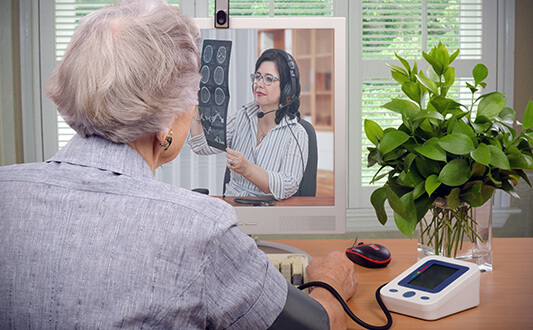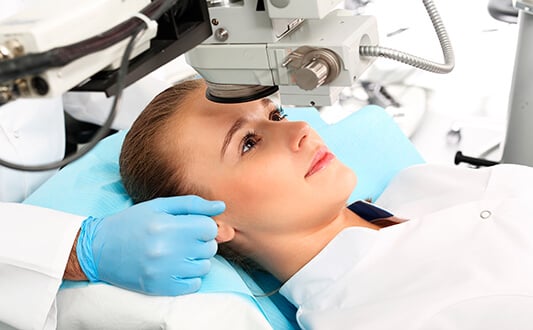Medical Blog About Treatment Abroad
Welcome to our medical blog – it is dedicated to empowering patients with knowledge about global healthcare! We created this platform with the intention to bridge the gap between patients and the medical innovations available globally.
What's Inside: Discover new and rare methods in oncology, immunology, heart surgery, neurosurgery, and other medical fields! Our health travel insights show how medical journeys open new possibilities with advanced treatments unavailable locally, including specialized cancer care abroad.
Who Benefits: This resource is for patients and their families who seek new treatment methods and explore options at leading international hospitals. Those who want to make informed healthcare decisions beyond borders.
Why Read: Booking Health experts provide verified information through patient-friendly articles – they translate complex medical advances into accessible info. Stay current with the latest developments in global healthcare and discover how international medicine can transform treatment outcomes!
Browse our latest articles and take the first step toward better health outcomes!
Diagnosis & treatment - page 20
 Obesity: Conservative Treatment or Bariatric Surgery?
Obesity: Conservative Treatment or Bariatric Surgery?
The World Health Organization classifies obesity as a "noncommunicable epidemic of the 21st century". According to current statistics, more than 50% of Europeans cannot get rid of their excessive weight, while more than 20% of Europeans suffer from obesity. In economically developed countries, the treatment costs for obesity and...
 Gastrointestinal oncology in the fight against cancer: meeting with experts
Gastrointestinal oncology in the fight against cancer: meeting with experts
Choosing the best doctor abroad is not an easy task for a cancer patient. Health, the likelihood of a cancer cure, life expectancy, and quality of life depend on this choice. We will tell you how to choose the best oncological gastroenterologist for the diagnosis and treatment of gastrointestinal cancers, and, if necessary, we will help you choose a doctor who specializes in the treatment of your specific disease.
 Treatment of allergy in Germany
Treatment of allergy in Germany
Allergy is a pathological immune response reaction that develops after the penetration of certain chemical compounds into the body. It can arise due to anything: pollen of plants, food products (honey, strawberries, and nuts), dust, or medicines. The allergy places the patient in a place of extreme discomfort. It can also pose a threat to...
 Brachytherapy in prostate cancer
Brachytherapy in prostate cancer
Thanks to advances in modern medicine, prostate cancer is no longer a death sentence. Nowadays, modern medicine has many treatment methods for this disease, and one of the most effective and sparing treatment methods for prostate cancer therapy is brachytherapy. What is brachytherapy? It is a method of interstitial of the...
 Telemedicine – specialized medical care regardless of the distance
Telemedicine – specialized medical care regardless of the distance
Telemedicine is a way of providing medical services in situations where the distance between the doctor and the patient is the most critical factor. This modern approach is officially admitted in many developed countries and is actively used worldwide. Due to constantly advancing technical background doctors quickly and effectively help...
 Leukaemia treatment in Germany - German hospitals give hope!
Leukaemia treatment in Germany - German hospitals give hope!
Leukemia is a deadly malignant cancer of the hematopoietic (blood) system. The illness can be acute or chronic, due to its clinical course. It differentiates between several histological types of illness. Lymphoblastic leukaemia (mostly affects children) and myeloblastic leukaemia (usually observed in elderly people) are the most often...
 Benefits of endoprosthetics in Germany
Benefits of endoprosthetics in Germany
Replacement arthroplasty is one of the most general surgeries in patients with pathology of the musculoskeletal system. During the procedure, the person's joint is removed, and an endoprosthesis is implanted instead. Surgical intervention of this kind is carried out when a large joint is destroyed or causes chronic pain.
 The latest laser eye surgery in Germany
The latest laser eye surgery in Germany
Laser vision correction is a modern technique of myopia (nearsightedness), hypermetropia (farsightedness), and astigmatism treatment. The curvature of the cornea is changed during the operation. As a consequence, a patient’s visual acuity is fully restored. Laser correction is carried out using different methods.

